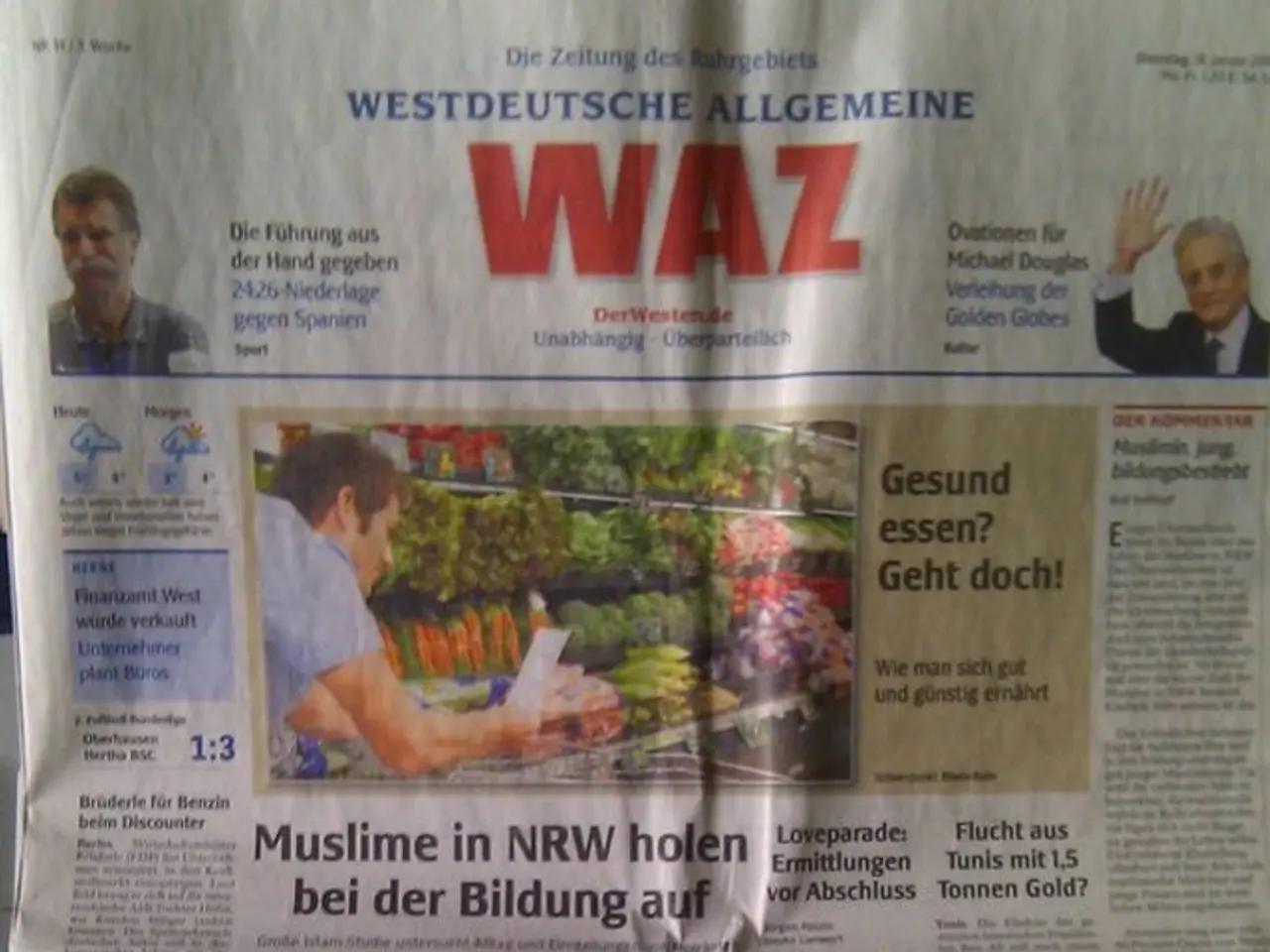Investment dynamics spurred by geopolitical tensions, oil market fluctuations, and instability prompt changes among investors.
**Global Markets Brace for Uncertainty as Israel-Iran Tensions Rise**
The escalating tensions between Israel and Iran have sent ripples through global markets, causing increased volatility and uncertainty. Here's a breakdown of the key impacts:
**Equity Markets**
Initially, global equities took a hit following Israel's strikes on Iran. However, they have shown resilience, with Asian equity benchmarks inching up and the S&P 500 stabilizing.
**Oil Prices**
Oil prices surged due to concerns over potential supply disruptions. Brent crude futures reached $75.15 per barrel, marking a significant increase. However, prices have since moderated as both countries have limited their attacks.
**Safe Haven Assets**
Gold has benefited from safe-haven flows as investors seek to hedge against geopolitical risks.
**Central Bank Decisions**
Central banks have not yet altered their monetary policies in response to the Israel-Iran tensions. However, the economic uncertainty and potential for inflationary pressures due to higher oil prices could influence future decisions. Central banks might need to consider the inflationary effects of higher oil prices when setting interest rates or monetary policies.
**Broader Economic and Geopolitical Implications**
The conflict adds to an already destabilized geopolitical backdrop, complicating economic forecasts and increasing the risk of a broader regional conflict. The involvement of major powers like the US, Russia, and China could further complicate the situation, though efforts to contain the conflict are expected.
Historically, the impact of geopolitical events on equity markets tends to be short-lived, suggesting that markets may return focus to underlying macroeconomic fundamentals if the conflict remains contained. However, Michael Nizard and Nabil Milali from Edmond de Rothschild Asset Management warn that market outcomes depend heavily on Tehran's next steps.
The risk of a surge in oil prices that could weaken the global economy could be avoided if OPEC, particularly Saudi Arabia, increases production. Javier de Berenguer, a market analyst, warns that worsening hostilities in the Middle East could increase energy prices and drag down prices across the board.
Investors are growing cautious, closely watching oil-driven inflation and uncertainty around central bank decisions. Some are favoring commodities, the eurozone, or emerging markets as alternatives to the US-dollar. The former scenario would be more disruptive, risking a global downturn.
The risk of disruptions to oil supplies, especially since a significant portion of global oil trade passes through the Strait of Hormuz, could reignite inflation and derail central bank easing plans. Around a third of global oil flows through this strategic waterway.
The dollar's muted rally in response to US-Iran tension is raising eyebrows, as it challenges the dollar's reputation as the ultimate safe haven. Nigel Green, CEO of deVere Group, calls this a "moment of reckoning for the dollar's reputation as the ultimate safe haven." Central banks are diversifying away from the US-dollar, reinforcing this trend.
Gold may lack upside without central bank buying, according to Javier de Berenguer. He advises steering toward short durations and high-quality credit in fixed income, and prioritizing companies with pricing power and good growth expectations in equity allocations.
The greenback's mystique is fading, suggesting a new era where blind trust in the dollar no longer defines financial crises. They outline two possible scenarios: a full-scale escalation prompting US intervention or a more restrained tit-for-tat. Investors are increasingly reassessing the dollar's appeal during times of crisis.
- Amidst the rising Israel-Iran tensions, the asset management industry is closely monitoring the potential impact on global business, particularly on the oil-and-gas industry and energy markets.
- The escalating conflict has sparked concerns about oil-driven inflation and the potential for supply disruptions in the oil-and-gas industry, making investing in commodities a more attractive option for some.
- The general-news of wars and conflicts, including the Israel-Iran tensions, has broader economic implications, complicating economic forecasts and increasing the risk of a broader regional conflict in the industry.
- The dollar, traditionally considered a safe haven in times of wars and conflicts, has shown a muted rally in response to the US-Iran tensions, raising questions about its reputation and the potential for a new era in finance.
- The political backdrop, coupled with war-and-conflicts, such as the Israel-Iran tensions, can impact central bank decisions, potentially influencing interest rates or monetary policies in the finance industry.




